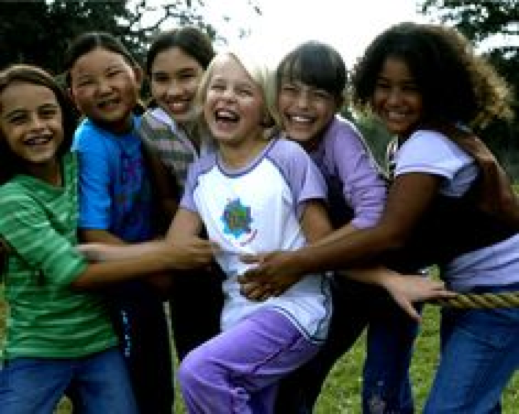Picture from friendshipcircle.org
Finally, all of you, have unity of mind, sympathy, brotherly love, a tender heart, and a humble mind. 1 Peter 3:8 ESV
It is of utmost importance that we raise children who are compassionate, empathetic, and loving to others. One of the ways to do that is teaching them at a young age about persons with disabilities and how to treat them. Many of us have persons with disabilities in our families and there may be children with disabilities at your children’s school. As Christians, we are especially called to show our love and be tenderhearted. 1 Peter 3:8.
Children are naturally inquisitive and will ask questions. Here are some suggestions to assist your children:
It is acceptable to notice a person who has a disability. Do not ignore the situation but offer an explanation that is not emotional. Author Lindsay Hutton in her online article Six Tips to Talk to Your Children About Disabilities, suggests the following:
A short and matter-of-fact description will answer your child's questions while showing her that the person has nothing to be ashamed of.
For example, if you see a child with muscular dystrophy in a wheelchair, you can say to your child, ‘I see you looking at that little girl in the wheelchair, and you might be wondering why she needs it. Some people's muscles work a little differently, and her wheelchair helps her move around, just like your legs help you.’
Words are important, so be respectful and not hurtful. Ms. Hutton recommends the appropriate words to use: “Avoid using derogatory terms like ‘cripple’, ‘retarded’, or ‘midget’, and instead, use terms and phrases like ‘wheelchair user,’ ‘little person’, and ‘he has a learning disability’.’’
Point out similarities between all children and adults. Persons with disabilities are human beings who have feelings, love their families, and enjoy music as well as playing sports. By emphasizing the similarities, you will help your children to understand that persons with disabilities are people too.
Children love to ask questions. If you do not know the answers and the child’s parent is present, consider asking the parent. Many parents of children with disabilities welcome questions and spend time answering them.
Ask your children to think about a scenario where they have a particular disability. How would they like to be treated? For example, if there is a child in your children’s school who has a hearing disability and wears a hearing device, ask your children how they would feel if they could not hear well. How would they want to be treated?
There are many children’s books to familiarize your children with disabilities. Visit the links below for some suggestions.
For more helpful information, please visit the following:



